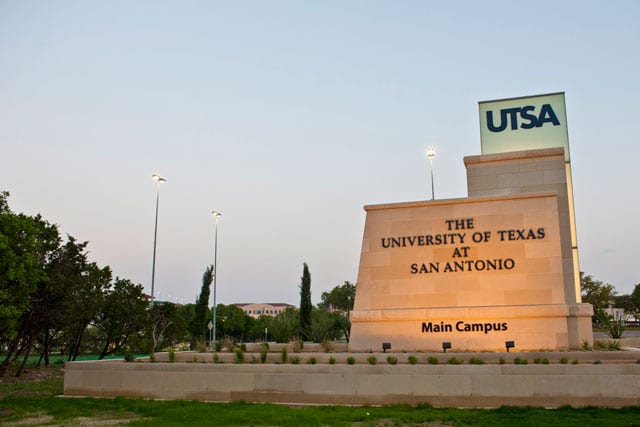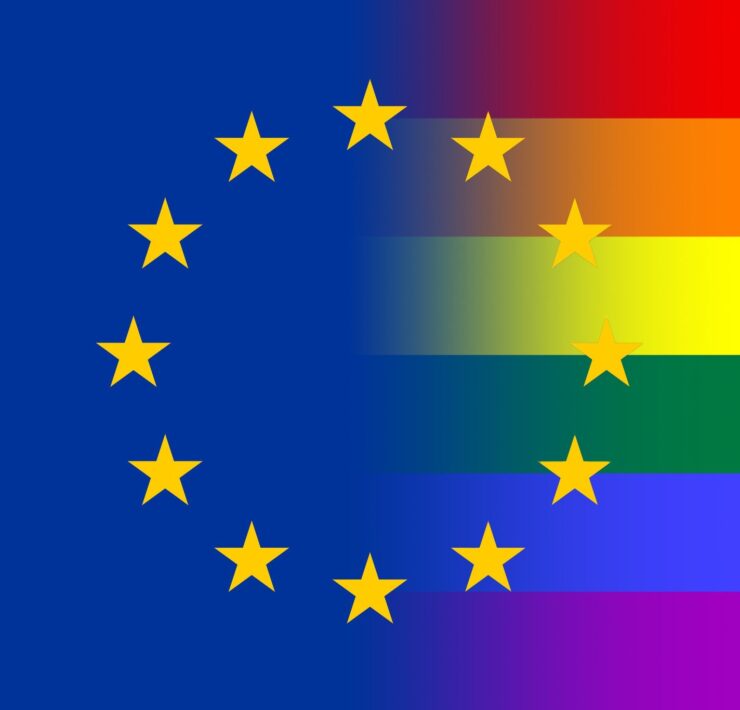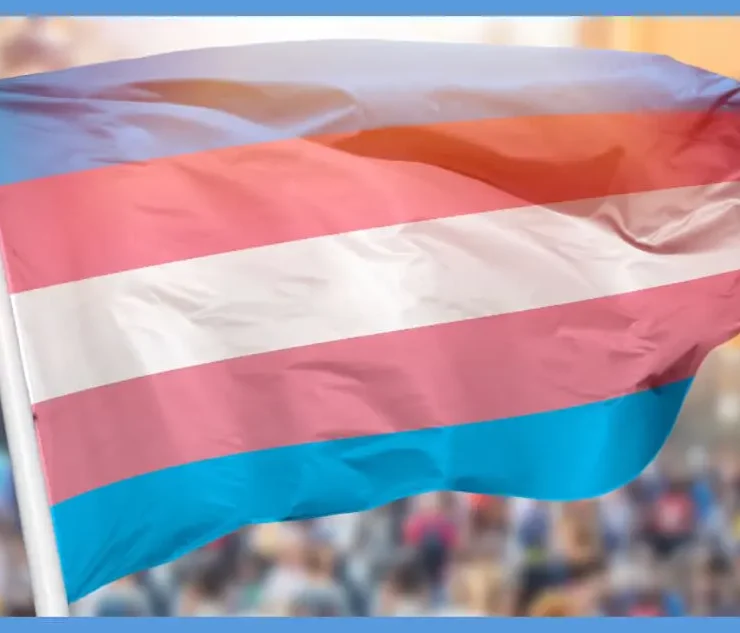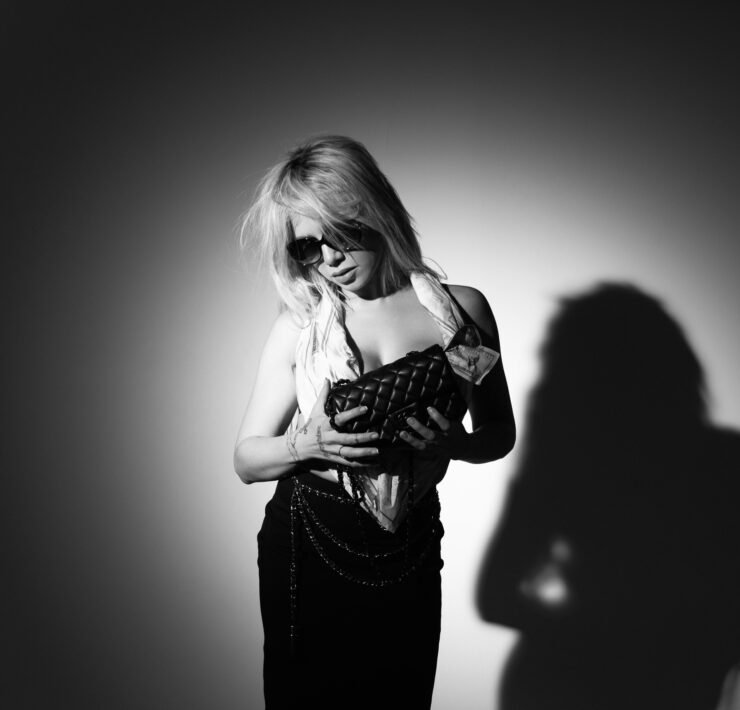Pride Under Fire

Yvonne Wright is an Emmy-award-winning journalist who is a connoisseur…
Pride began as a protest. Not a party. While hundreds of LGBTQ celebrations are held around the world this month, a growing number of people within the community are being forced into hiding. Some are kidnapped, beaten, even killed. There are spikes in government crackdowns on Pride activities from Asia to Africa as you read this.
“A brutal campaign against gay men is sweeping Chechnya, with reports of abduction-style detention, enforced disappearances, torture, and deaths,” said Kyle Knight, a researcher with the U.S.-based Human Rights Watch (HRW). The HRW recently confirmed reports of the anti-gay brutalities in the Russian republic of Chechnya
Knight said that while Russia’s president turns his head to the atrocities, President Trump’s crackdown on refugees, particularly Muslim refugees, is making it even more difficult for these men to escape persecution.
“We need to take seriously our obligations and our burden sharing to make these people safe,” Knight said. According to the HRW, suspected gay men in this largely Muslim federation in southern Russia are “outed” by authorities and handed over to their families who feel duty-bound to perform “honor killings.”
This type of “looking the other way” in Chechnya fits into what Knight refers to as “a disturbing global pattern of governments explicitly driving anti-gay violence or tacitly allowing vigilantes to attack LGBT people with impunity.”
We are seeing examples of the restricting of LGBTQ rights in Asia, the Mideast, Africa, Europe, and even here in the U.S.
While homosexuality is punishable by death in many Middle Eastern countries, it is legal in Turkey. For the last 13 years, Istanbul has hosted the largest (and as far as we know the only) Arab gay Pride parade. Last year, it was blown apart when police in riot gear fired tear gas and rubber bullets at participants. Tensions are still so high that organizers say they doubt a parade will be held this year at all.
Clare Byarugaba is a gay rights activist in Uganda. She was at one of the attempted Pride events where police showed up and hauled people to jail.
“[The police] were dragging people, they were beating people, they were undressing people… to find out whether they were men or women,” she told Reuters.

A U.S.-based Quaker association reports that violence against LGBTQ people there has steadily increased since 2014, when lawmakers tried to make homosexuality an executable offense. The measure failed, but the anti-gay sentiment continues to grow. Since the law was introduced three-years ago, Quakers report having helped 1,800 LGBTQ individuals escape Uganda.
In Russia, a 100-year ban on Moscow Pride is being fought in court. Elsewhere in the country, officials are using the same propaganda law used in the nation’s capital to ban Pride activities across the country. The law prohibits the dissemination of homosexual information to minors. Gay Star News reports that at least nine permits to hold Pride demonstrations were denied this year.
Rising tensions are also being felt in Asian countries like Singapore, Indonesia, and Bangladesh. In Singapore, an estimated 30,000 people gather every year for the Pink Dot, a growing Pride celebration that defies the country’s anti-gay laws. This year, a new law bans foreigners from participating. With the loss of foreign participants comes the loss of international corporate revenue. Local groups are working extra hard to raise the money needed for the July event.
“Singapore is doing all it can to truncate international support for the rapidly growing movement of Singaporeans who support lesbian, gay, bisexual and transgender rights and non-discrimination based on sexual orientation and gender identity,” Phil Robertson, deputy director of the Asia division of HRW, told Reuters.
Despite the new restrictions, local organizers are going on as planned.
In Indonesia, Knight said that “throughout 2016, officials and politicians stoked anti-LGBT sentiment that boiled over into police violence against peaceful demonstrations and raids on suspected gay gatherings and vigilante attacks on activists.”
Anti-gay sentiment in Indonesia is nothing new, but after years of what some call a “don’t ask, don’t tell” cultural sentiment, an anti-gay tsunami has hit the island nation full-force.
The backlash began with a proposal to ban LGBTQ student organizations from the University of Indonesia. This snowballed when government, educational, and religious leaders began publically denouncing homosexual activity.
Bangladesh is more than 2,000 miles north of Indonesia, but right in the same political spot. Last year, the editor of the country’s only LGBTQ publication and his friend were hacked to death by a group of machete-wielding extremists. Most of the people involved in the burgeoning movement are now in hiding, living under the threat of execution. “My bosses… say the two ‘deserved’ their fate because they were homosexual. My bosses don’t even know that I am gay, and neither does my family,” a friend of the victims in hiding confided to activist Raad Rahman. “Imagine having to hide grief like this. Now I have nothing. No life. No future.”

Pride was born from the Stonewall Inn riots that followed a police raid of the New York gay bar in 1969. The riots were commemorated a year later with the very first Pride parades in New York, Los Angeles, San Francisco, and Chicago. While it has evolved into more of a party, Prides across this country may be drawn back to their political roots as activists anticipate more anti-gay legislation this year.
Legislatures across America saw more anti-LGBTQ measures proposed in 2016 than they had seen in nearly a decade. Lawmakers in a number of states have already pre-filed discriminatory bills for 2017. If worldwide trends continue, these measures could increase anti-gay sentiment, even if they don’t pass.
“This,” Knight said, “is a critical time. Now more than ever in history, we have power to keep stories alive and issues on the desks of policymakers. We can make sure coverage is fact-driven and leaders are held accountable for their actions or inactions.”
What's Your Reaction?
Yvonne Wright is an Emmy-award-winning journalist who is a connoisseur of great literature and mediocre TV.










